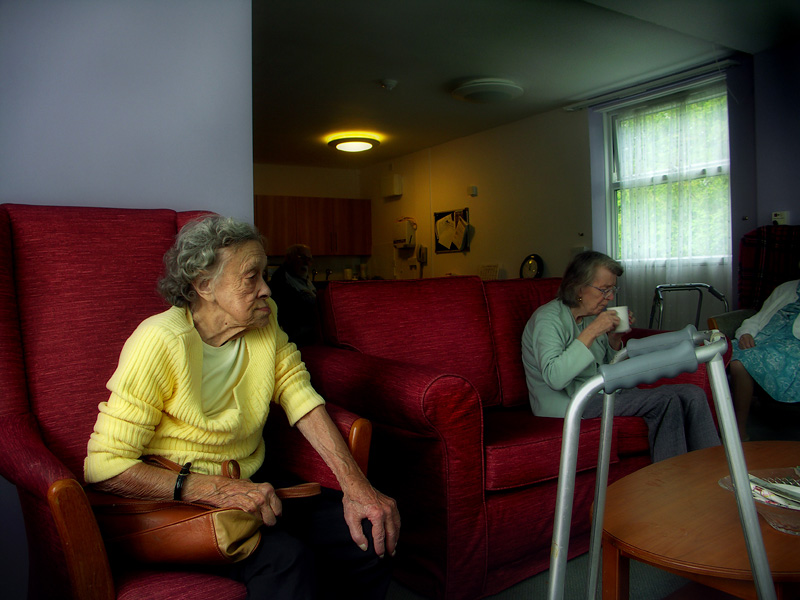
Family and food are two subjects that top the charts in emotional triggers. When combined with elderly family members not receiving adequate food in care, it is a particularly emotive topic. Over the last two weeks a Facebook group called The unacceptable food served in residential aged care in Australia in 2011 has obtained significant coverage in print, radio and on television and, as a consequence, has gone from a virtually unknown group to an active and very passionate discussion group of over 200 hundred fans, with significant activity.
Groups like this can grow quickly and organisations that are still coming to terms with setting up a process to communicate their own messages are often overwhelmed with the idea of having to monitor others. Whether you work in the aged care industry or not, it is worth spending a bit of time reviewing the activity on the group and looking at the many issues it raises.
Absence of facts
Throughout the discussion, there is a notable absence of contribution at an industry level. Entering an emotive discussion such as this can be daunting and must be executed with care, however lack of industry contribution in a well-profiled group is the online equivalent of ‘no comment’.
The increasing use of social media by journalists
As Sanna discusses in a recent article, journalists are increasingly using social media channels to source news stories. This Facebook group was activated by an article in the Herald Sun. Before it was published there were 3 followers, one hour later there were 80. As the group grew, so did the media interest; as the media interest grew, so did the followers.
Employees want to talk – education is key
While feeding your family is a personal issue, so is your job and there has been significant debate within the group about the aged care sector from a professional/employee perspective. Discussion has ranged from high levels of criticism for the industry, emotive defence of the industry and somewhere in between. Professional discussions by employees on social networks is not new for the aged care sector. There has been a considerable increase in employee related groups being created on social networks to discuss issues and share ideas. In an organisational context, harnessing this activity can improve communication and foster co-operation between employees. However, are your employees aware that what is said on their Facebook at home during an ad break can be quoted in mainstream media the next day?
Engaging networks
The majority of participants within this Facebook group are obviously very passionate about the standards within aged care (whatever the outcome). But instead of looking at these people as simply disgruntled, think about how they can help the industry. Passionate advocates is exactly what is needed when the Productivity Commission’s Caring for Older Australians final report is released to ensure the government begin to make the necessary changes. So instead of simply dismissing them as trouble-makers, engage them in discussions around aged care reform and work with them. You’ll soon find yourself working towards a common goal.

